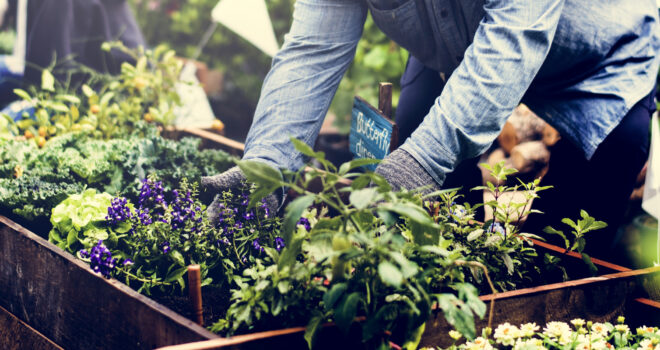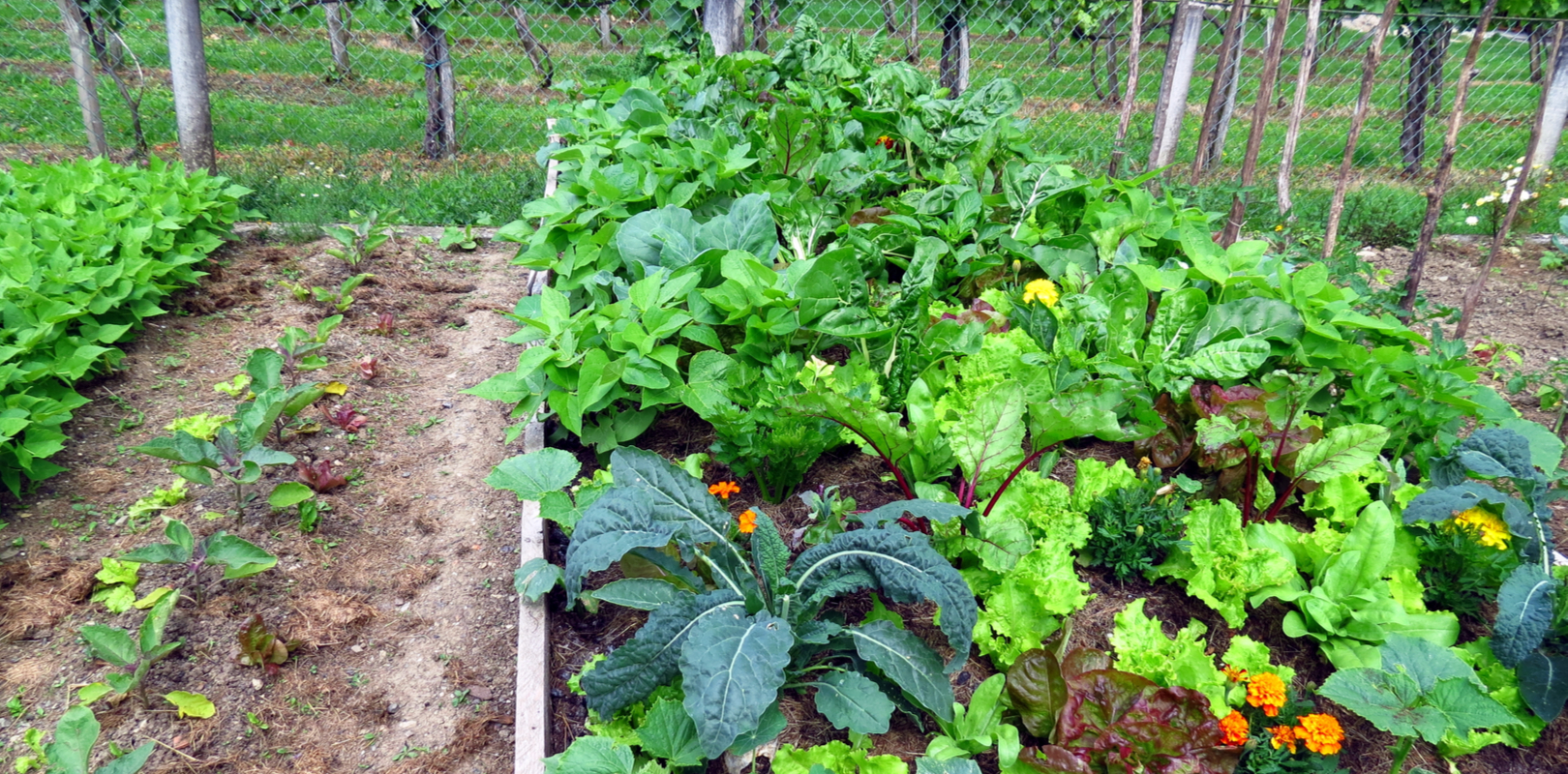Many cities in Quebec are creating sustainable food systems.
The practice of creating sustainable food systems is booming in Quebec, with more and more municipalities looking to reconnect the community with its food system. For example, Quebec City recently produced an overview of its local food production, the first step in its efforts to create a sustainable food system. In addition, a Montreal borough and the city of Longueuil both recently released their urban agriculture policies.
Saint-Bruno-de-Montarville and a group of four municipalities in Saguenay–Lac-Saint-Jean led the way in 2017.
Different realities but the same approach to building a sustainable food system
The city of Saint-Bruno-de-Montarville was the first municipality in Quebec to establish a municipal food policy. The objective is to develop a food system based on promoting local agriculture and on access to healthy food for residents.
The municipal team was inspired by Vivre en ville’s guide Villes nourricières: mettre l’alimentation au cœur des collectivités [Feed the city: Putting food at the heart of communities]. This practical guide offers an approach rooted in local values. It’s a proven method for putting in place fair, healthy and successful local food systems.
Brought together under the banner of Municipalité nourricière, the four municipalities in Saguenay–Lac-Saint-Jean, about 600 km north of Montreal, are each home to fewer than 5,000 residents.
The Municipalité Nourricière project was started by the organization Eurêko. It aims to enable residents to have access to fresh, good quality food. Food that is produced, consumed and stored locally.
According to Eurêko, the key to the project’s success is mobilizing the community and elected officials. It is also important to set up a committee that develops and implements the action plan. When supported by the whole community, projects quickly come to life and are durable.
Changes designed to last
Since adopting a municipal food policy, Saint-Bruno-de-Montarville has strongly encouraged urban agriculture. The city now boasts edible plants and fruit trees in its flower beds, and residents are encouraged to harvest them as they walk by. Any surplus produce is given to a local community organization to be distributed to those most in need. An agro-district concept is also being studied. What’s more, residents can raise laying hens in their yards, which was not allowed before.
The municipalities participating in the Municipalité Nourricière project started by creating an overview of their food system. Participatory activities were then organized to allow residents to share their thoughts on the project. Four major themes emerged from discussions: public markets, knowledge transfer, urban agriculture in schools and edible landscaping. Many initiatives have since been set up. For example, people can now harvest vegetables grown in planting containers or in a food forest.
Four other municipalities in the region have since joined the Municipalité nourricière project—proof that the method works.
Resources
Villes nourricières: mettre l’alimentation au cœur des collectivités



 Celery
Celery  Purslane
Purslane  Vegetable garden: growing dandelion
Vegetable garden: growing dandelion 










